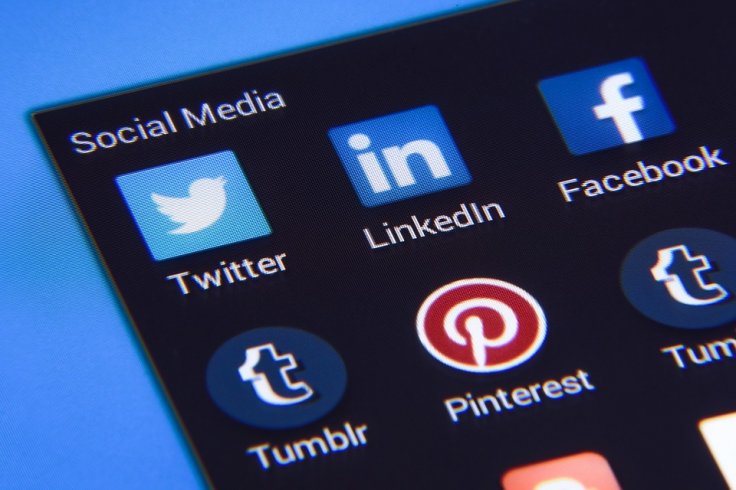
Social media giants are scratching heads to make changes to their respective policies on political ad campaigns on their platforms after a whole debate has triggered worldwide regarding the lack of transparency deployed by them. With the latest row, the tech giants have come under the scanner yet again after being flagged for violating privacy laws.
While Facebook and Google recently revealed that they are mulling to change their political ad policies, the micro-blogging site Twitter said that it will ban posting political ads on its platforms. Even though all these tech giants earn billions in revenues from advertisements, they are also violating many legal requirements by propagating the political ads or spreading misinformation.
The whole new debate revolving the political ad campaign holds relevance as it comes just a year before the much-awaited US Presidential Elections in 2020. Last week Twitter CEO Jack Dorsey announced that it will no longer accept political advertising on its platform. The startling claim sent shockwaves and even forced companies like Facebook and Google to rethink its policies.
Tech experts said that political advertising in digital field is a problematic one as it is not regulated and lacks transparency. The 2016 US Presidential election was marred by scandals that involved tech giants. Facebook's involvement in the Cambridge Analytica data harvesting scandal, wherein the social media giant allowed the now-defunct UK-based firm Cambridge Analytica to harvest data of more than 87 million people worldwide.
Russia's involvement in the US Presidential election, which largely hampered the then-Democratic candidate Hillary Clinton's chances to win, once again proved the frailty of social media, internet and technology to safeguard one's privacy.
On Wednesday, Google revealed that it is in discussions to change its policies on political ads. Google, which as always allowed advertisements on all its platforms, YouTube and search engines, also faced flak after it ran a controversial ad by the Trump campaign that included an alleged claim about US Vice President Joe Biden's involvement in the ouster of a Ukrainian prosecutor.
There were many reports that surfaced a few months ago that Google faced fines after 14-Russia backed YouTube channels generated millions in revenue from advertisements, even though they hadn't been labeled as a state-sponsored platform.
Just now, on Thursday, Nov. 7, Facebook stated that it is also mulling on plans to change its political ad policy. The California-based company said that it is considering changes to how political ads can be targeted and providing more information about who is paying for an ad. The latest update comes after Facebook denied banning political ads on its platform jut because they generated revenue for the company.
At present, Facebook, Instagram, Snapchat, Google and YouTube allow political advertising on their platforms. With Twitter's decision to ban the advertisements, it will join LinkedIn, TikTok and Pinterest in rejecting the spread of misinformation on their platforms.
The question is whether these tech giants are willing to compromise their reputation or indulge in data leaking and spreading misinformation via their political ad campaigning just for the sake of revenue. After all, money matters the most.









